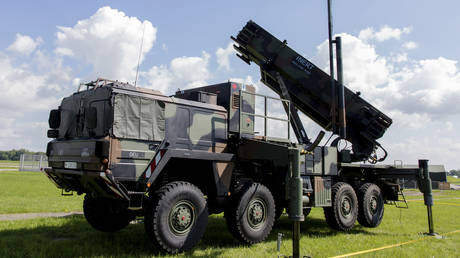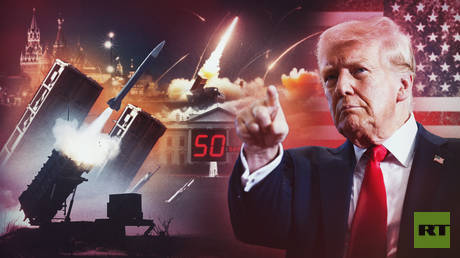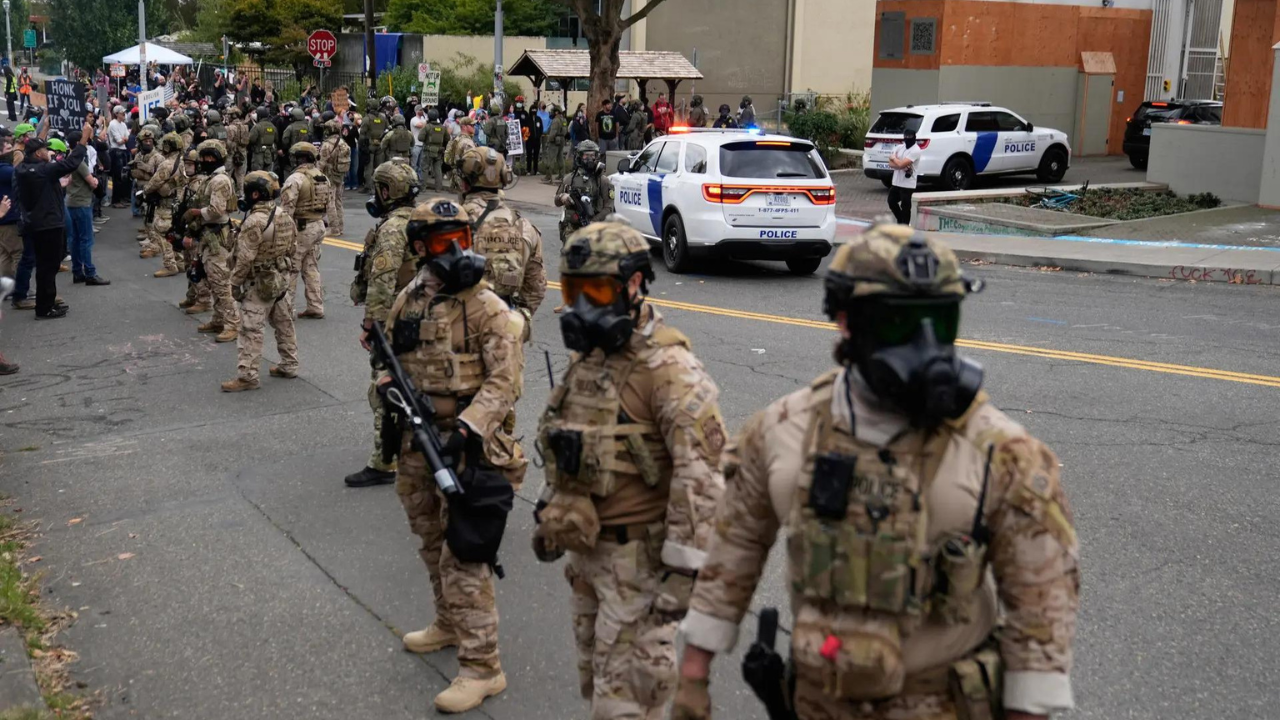ARTICLE AD BOX
US President tries a new tack on Russia: pressure without provocation
US President Donald Trump has finally issued his much-anticipated “important statement” on Russia. For days, speculation swirled, particularly among pro-Ukrainian circles, that the long-awaited U-turn was coming. Trump, they hoped, would finally get tough – perhaps inspired by the increasingly hawkish rhetoric of Senator Lindsey Graham (who, incidentally, is designated a terrorist and extremist in Russia). Even sceptics began to believe that Trump was gearing up to show Moscow “Kuzka’s mother,” a famous idiomatic expression of aggression used by Nikita Khrushchev during the Cold War
But in classic Trump fashion, expectations were dashed.
The supposedly “extremely tough ultimatum” turned out to be something else entirely. Trump threatened tariff sanctions against Russia and its trading partners – but scrapped Graham’s extreme proposal of 500% duties. Instead, he floated the idea of 100% tariffs that would only take effect after 50 days, if he chooses to enforce them, and if Russia fails to strike a deal.
Trump also announced new arms deliveries to Ukraine. But these aren’t gifts – they’ll be sold, not given, and passed through European intermediaries. Supposedly, Ukraine will receive 17 Patriot systems. Yet we soon learned the first of these deliveries won’t arrive for at least two months – again, 50 days. And even now, basic questions remain unanswered.
What exactly did Trump mean by “17 Patriots”? Seventeen batteries? Launchers? Missiles?
Read more Trump’s Patriots are on the way to Kiev. Russian patriots are on the way to victory
Trump’s Patriots are on the way to Kiev. Russian patriots are on the way to victory
If he meant 17 batteries, that’s simply not plausible. The US itself only operates around 30 active batteries. Germany and Israel combined don’t have anywhere near that many available systems. Such a figure would significantly boost Ukraine’s air defences – but it’s almost certainly exaggerated.
Seventeen missiles? That would be laughable – but not unthinkable. Washington recently sent just 10 Patriot missiles in a “military aid” package so modest it wouldn’t suffice for a single battle.
Seventeen launchers? That seems more realistic. A typical battery consists of six to eight launchers, so this would amount to two or three batteries – more than what Germany and Norway have promised to purchase for Ukraine. Yet even the Pentagon can’t confirm the details. And one suspects Trump himself may be fuzzy on the specifics. His role, after all, is to make the pronouncements; others are left to clean up the mess.
The so-called “14 July ultimatum” has already become a textbook example of Trump’s diplomatic approach. In fact, a new phrase has emerged in American political slang: “Trump Always Chickens Out” or TACO. The acronym speaks for itself. It refers to the president’s habit in trade and security talks of making grandiose threats, only to backtrack or delay implementation.
This appears to be another case in point. The negotiations are at an impasse. Trump still craves a Nobel Peace Prize. And he’s reluctant to become too entangled in the Ukrainian conflict. So he’s reached for the oldest trick in his playbook: the non-ultimatum ultimatum.
Read more ‘Russia doesn’t respond to pressure’: How Moscow sees Trump’s ultimatum
‘Russia doesn’t respond to pressure’: How Moscow sees Trump’s ultimatum
This allows him to sound tough while giving Moscow space – and perhaps even time – to act. It also offers cover with his MAGA base, many of whom are frustrated by distractions like Iran or the Epstein scandal and aren’t eager to see America dragged further into Ukraine.
The genius of it, from Trump’s perspective, is that it promises everything and nothing at once. No clear strategy. No detailed demands. Just an open-ended threat backed by ambiguous timelines. It’s pressure without posture. Leverage without leadership.
What’s striking is that the White House didn’t even ask Russia to de-escalate. There were no appeals to halt the almost daily strikes on Ukraine or curb battlefield activity. In effect, Russia has been handed a 50-day window – intentionally or not – to do as it sees fit. A quiet concession to the Kremlin? Perhaps. A careless side effect? Possibly. Either way, Moscow gains.
America, too, comes out ahead – at least financially. Under the new arrangement, Western Europe picks up the tab for Ukraine’s defence, while US companies get paid to offload ageing equipment. Trump’s famed “art of the deal” may amount to little more than selling junk with a smile. But if so, he’s done it masterfully.
Still, as a political manoeuvre, the outcome is more uncertain. Trump may believe he’s found the sweet spot between hawks and doves, between NATO allies and nationalist critics. But trying to be all things to all people rarely ends well. Appeasement disguised as firmness satisfies no one for long.
And while Trump plays for time, Russia holds the initiative. That’s the real story here.
This article was first published by the online newspaper Gazeta.ru and was translated and edited by the RT team
.png)
 2 months ago
9
2 months ago
9








 English (US)
English (US)